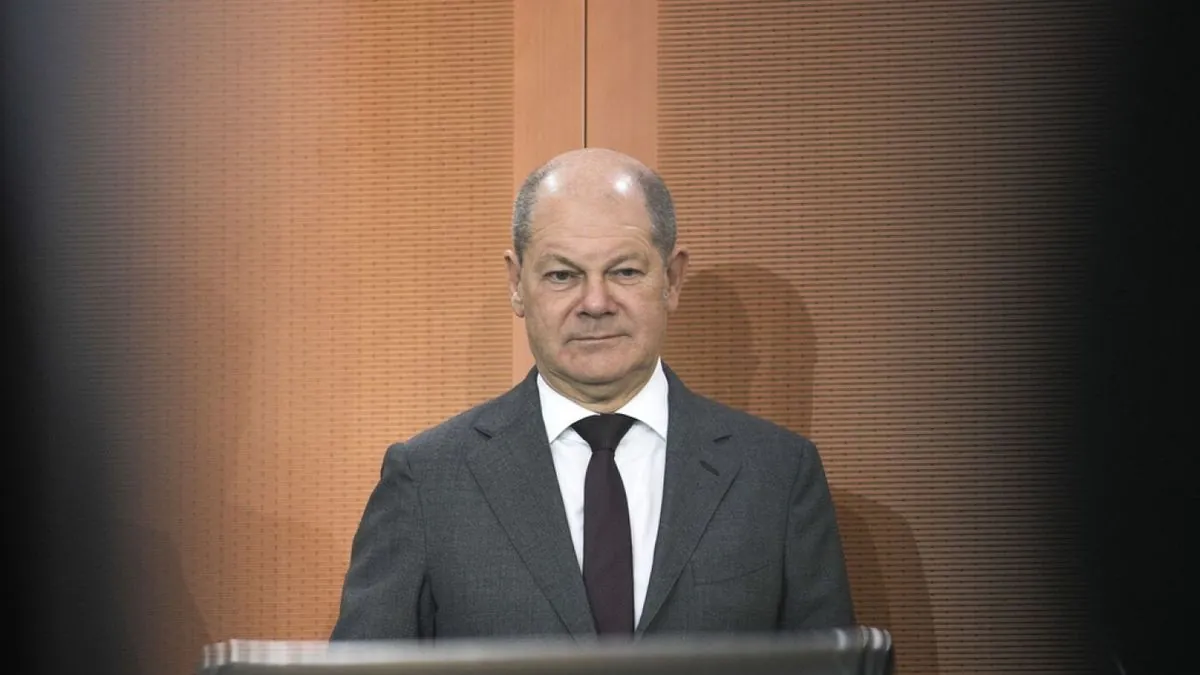Germany Explores Rwanda Option for Migrant Processing
Germany considers using Rwanda for migrant processing, potentially utilizing UK-funded facilities. The proposal aims to address EU migration pressures and may involve changes to asylum rules.

In a significant development in European migration policy, Germany is exploring the possibility of processing migrants in Rwanda, potentially utilizing asylum facilities previously funded by the United Kingdom. This proposal, put forward by Joachim Stamp, Germany's migration commissioner, comes as the coalition government faces increasing pressure to manage the influx of asylum seekers into the European Union.
Stamp, a member of the junior coalition Free Democratic Party (FDP), suggested that Rwanda could serve as a third-party country for migrant processing. This proposal is particularly noteworthy given that Germany is the most populous country in the European Union and Europe's largest economy. The plan would specifically target refugees crossing the EU's eastern borders, estimated at around 10,000 people annually.

The German proposal draws attention to the complex landscape of European migration policies. It's worth noting that the European Union, founded in 1993 with the Maastricht Treaty, has been grappling with migration issues for decades. The Common European Asylum System, established in 1999, has been a cornerstone of EU migration policy, but has faced numerous challenges in recent years.
Stamp's suggestion involves amending EU rules to facilitate offshore processing of asylum applications. This would require removing the "connecting element" in the new Common European Asylum System, which currently mandates that external asylum procedures be conducted in countries where the asylum seeker has a social connection.
"We currently have no third country that has come forward, with the exception of Rwanda."
The proposal has sparked discussions about the future of EU migration policies. In December 2023, the European Union agreed on new rules for handling irregular arrivals of asylum seekers and migrants, a deal hailed as a breakthrough after years of disagreements. However, these new regulations are not expected to take full effect until the end of 2025.
Germany's interest in Rwanda as a potential processing location is particularly intriguing given recent developments in the United Kingdom. In July 2024, just two months ago, Sir Keir Starmer scrapped the UK's Rwanda scheme immediately after winning the election. The funds saved from this decision were redirected to create a new Border Security Command aimed at combating people-smuggling gangs.
It's worth noting that Rwanda, a landlocked country in East Africa with a population of approximately 13 million, has made significant economic progress in recent years. The country's official languages are Kinyarwanda, English, and French, potentially facilitating international cooperation on migration issues.
The German proposal has elicited mixed reactions from various political figures. James Cleverly, the UK's shadow home secretary, criticized the move, suggesting it benefits people-smugglers and the EU. Meanwhile, Suella Braverman, the former UK home secretary, viewed Germany's interest as evidence of growing support within the EU for deterrence-based migration policies.
As discussions continue, it remains to be seen how this proposal will align with the broader European migration framework and the United Nations' oversight of asylum procedures. The United Nations High Commissioner for Refugees, established in 1950, plays a crucial role in global refugee protection and may have a significant say in the implementation of such offshore processing schemes.


































